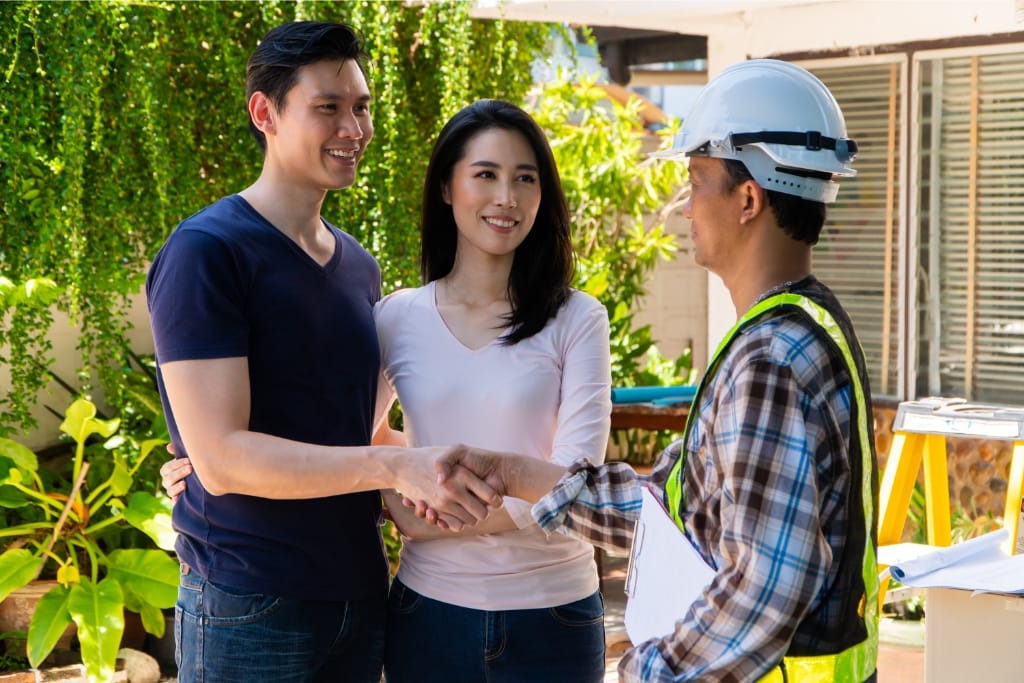×You've successfully subscribed to Sacramento Local Pros
×Great! Next, complete checkout for full access to Sacramento Local Pros
×Welcome back! You've successfully signed in.
×Unable to sign you in. Please try again.
×Success! Your account is fully activated, you now have access to all content.
×Error! Stripe checkout failed.
×Success! Your billing info is updated.
×Error! Billing info update failed.


